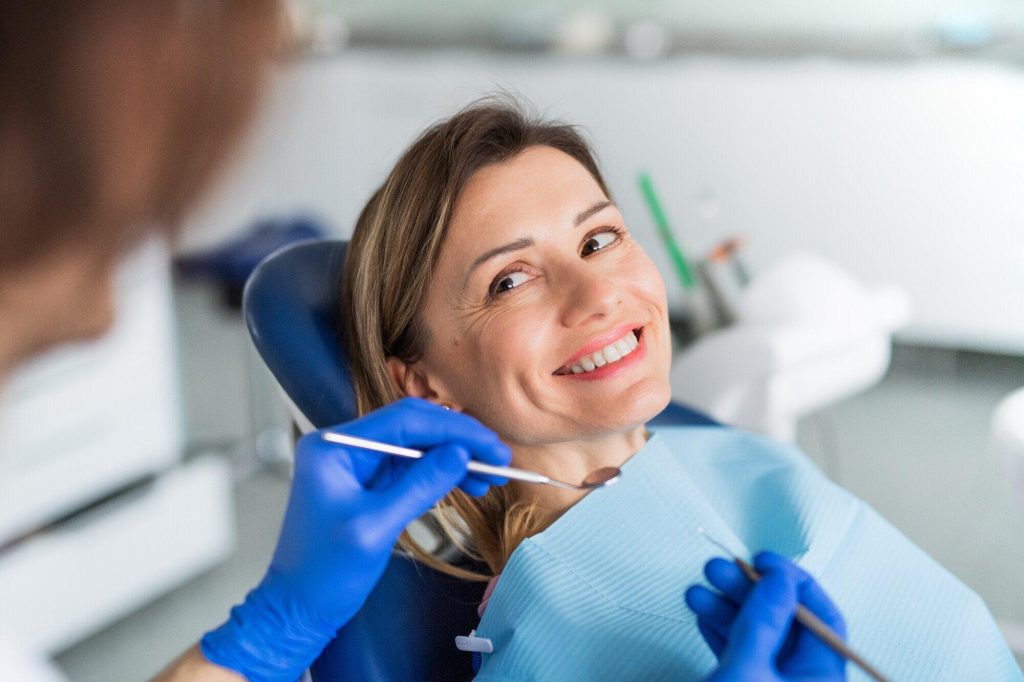Good oral care is important for keeping energy levels and confidence high. Active people often overlook the impact of dental habits on overall health. Poor care can lead to pain, infections, and even lower performance in daily routines.
Taking steps to protect teeth and gums helps prevent problems later. Small habits build long-term benefits that go beyond a bright smile. With the right approach, oral health can support both physical wellness and mental confidence.
Learn about effective oral health practices that fit into a busy lifestyle and start making them part of your routine today.
Daily Brushing and Flossing Habits
Brushing twice a day removes plaque that can damage teeth and gums. Using fluoride toothpaste helps strengthen enamel and prevent decay. Flossing once daily cleans areas that a brush cannot reach.
Skipping these steps increases the risk of cavities and gum disease. Keeping this habit consistent supports long-term oral health. A simple routine at home makes a strong foundation for an active lifestyle.
Regular Dental Checkups
Routine visits to a dentist catch problems before they become serious. Cleanings remove tartar that brushing cannot eliminate. Exams help identify early signs of gum disease, cavities, or other oral issues.
Athletes and active individuals can especially benefit from monitoring for wear caused by clenching or grinding. Scheduling checkups twice a year keeps teeth in good condition. Finding a trusted professional, like the Best dentist in Richmond, KY, for example, ensures reliable care and guidance.
Staying Hydrated
Water helps rinse away food particles and bacteria. It also prevents dry mouth, which can lead to bad breath and decay. Active lifestyles often involve sweating, which increases the need for hydration.
Choosing water over sugary drinks protects enamel from erosion. Carrying a refillable bottle makes it easier to stay on track. Hydration supports both oral health and overall body performance.
Protecting Teeth During Sports
Wearing a mouthguard protects teeth from impact and injury. Contact sports or high-intensity activities carry a higher risk of dental accidents. Custom-fit guards offer better protection and comfort compared to standard ones.
This simple precaution can prevent broken or knocked-out teeth. Replacing worn or damaged mouthguards is also important for safety. Protecting teeth during activities reduces the risk of long-term damage.
Limiting Sugar Intake
Sugar feeds harmful bacteria that cause cavities. Snacks and drinks high in sugar increase the chances of decay. Active people sometimes rely on sports drinks or energy bars that contain high sugar levels.
Choosing healthier options like fruit, water, or unsweetened snacks helps protect teeth. Brushing after consuming sugary foods can also reduce harm. Being mindful of sugar intake supports better oral health.
Eating Nutrient-Rich Foods
Calcium, vitamin D, and phosphorus are vital for strong teeth and bones. Leafy greens, dairy, and nuts are excellent sources of these nutrients. Protein-rich foods also help repair and maintain oral tissues.
A balanced diet keeps gums healthy and teeth resistant to decay. Active individuals benefit from foods that fuel both body and oral health. Making smart food choices supports a long-lasting smile.
Learn About Essential Oral Health Practices
Strong oral care is part of staying healthy and active. Small daily habits build protection that lasts for years. With proper routines and mindful choices, dental problems can be avoided.
Consistency is the key to keeping teeth and gums in good shape. An active lifestyle benefits from the confidence and strength that healthy oral practices provide.
Should you wish to read more, visit our blog page. We’ve got more!







